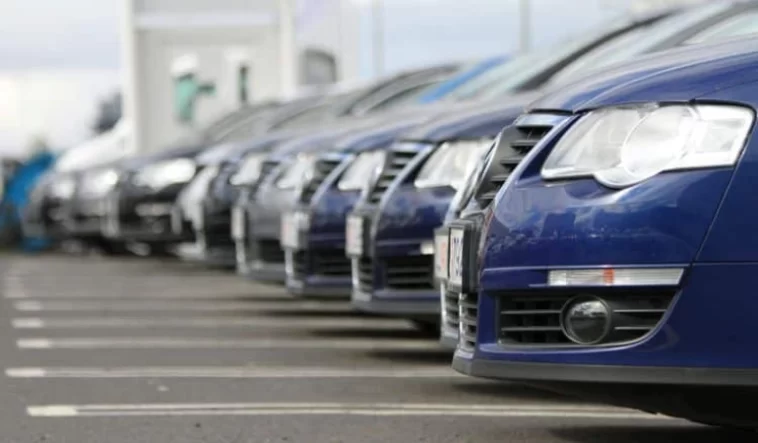According to official documents, the purchase represents 8.6% of the funds given to the FBR for the purpose of updating its hardware and software. The fact that the vehicles will be purchased under the guise of taxpayer facilitation through a World Bank loan makes this decision even more debatable. A few years ago, the FBR experienced one of the worst hacking incidents in its history, yet the organisation has yet to upgrade its data network.
Official reports state that the FBR has submitted paperwork to the Ministry of Planning asking for Investment Project Financing (IPF) for the Pakistan Raises Revenue project totaling Rs19.6 billion. According to the documents, the FBR intends to purchase 155 vehicles with engine sizes ranging from 1,500 cc to 3,000 cc, which it has designated as “luxury” and are subject to high taxes. The vehicles’ makes aren’t mentioned in the documents.
The cost of buying the cars is estimated to be $47,000, or Rs10.3 million, per car, for a total of more than Rs1.63 billion. Prior to the Central Development Working Party meeting, the Planning Ministry recently opposed the purchase in a meeting, and another meeting will take place on Thursday to secure the ministry’s approval.
Prime Minister Shehbaz Sharif has announced an austerity policy due to the pressing economic conditions in the country. Ishaq Dar, the Finance Minister, announced a budget of Rs170 billion on Wednesday, but the Revenue Department appears to be interested in purchasing cars using taxpayer funds for their own benefit.
The prime minister should prohibit the purchase of any kind of vehicle until June 2024, according to a national austerity committee’s recommendation. Although the FBR has information on non-filers, whether they have a car or not, they rarely pursue them.
The FBR intends to distribute the vehicles among all its field formations. The Faisalabad, Gujranwala, Islamabad, Lahore and Karachi regional tax offices will receive the most vehicles, with each getting nine. Meanwhile, some regional offices, including Peshawar, Quetta, and Rawalpindi, will get eight vehicles.
The FBR’s decision to purchase these vehicles has drawn criticism from the Planning Ministry, which has questioned the FBR about the “need” and price. The ministry advised that outsourcing tax facilitation facilities would be more appropriate than purchasing these vehicles.
The Planning Commission has noted that these objectives might not be accomplished by the deadline of June 2024, despite the World Bank’s approval of the project to broaden the tax base and modernise dated data networks. $3 million has been set aside for staff capacity building, workshops, and training.
The Planning Ministry also objected to the allocation of Rs320.4 million for project management operational costs, which included Rs 30 million for vehicle hire, Rs18 million for fuel, and Rs30 million for project contract staff.
The Pakistan Raised Revenue money can be used to purchase cars, computers, and laptops, with a cost of Rs 596 million for 1,300 desktop computers and 600 laptops included in the Rs9.6 billion estimate.
To these allegations, the FBR spokespersons have not yet responded. Although the FBR levies higher income tax rates on non-filers, it rarely pursues them. The FBR intends to start tax compliance programmes, such as behavioural nudges and assistance with tax registration, filing, and payment. But these justifications don’t seem to support the purchase of 155 luxury cars.


